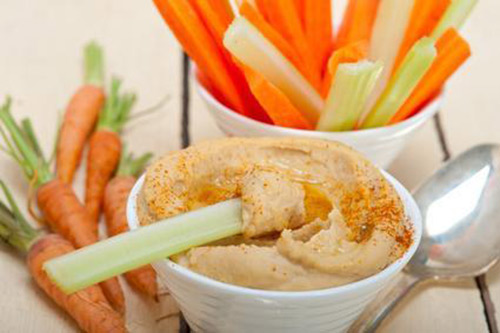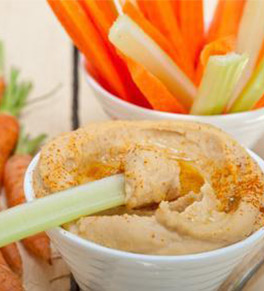
Patients often want to know how to plan healthy meals and snacks and how to stay on track with portion sizes. When you plan your meals, you want to make sure your meals are the right size and contain the right balance of nutrients. You should try to make the healthiest choices available.
Meal Planning:
- Always weigh and measure your food. This will allow you to make sure you are eating enough protein without questioning if you are getting enough. Immediately post op we worry about you under eating, but long term we worry about you overeating. Getting lazy with weighing and measuring can pack on the calories, pounds, and eventually stretch the stomach.
- Write down your meal plan ahead of time. This will allow you to have a plan in place and have the food readily available for the next day. When we aren’t prepared is usually when we grab something “quick”, which isn’t necessarily the healthiest option. Some people make a weekly menu and use that as their grocery list; this also helps to prevent boredom with eating the same foods.
- Pack your breakfast and lunch ahead of time. If you are running late in the morning, you are less likely to make your meals at home, so having them prepared ahead of time will allow you to just grab and go.
- Use small containers to pack individual portion sizes – use Glad 4 oz containers to pack salads and fruits. You can use small snack size bags which are great for bringing snacks with you.
- Don’t travel without a healthy food or snack option. This is where protein bars and ready to drink protein shakes come in really handy. They do not have to be refrigerated and are quick and easy to grab.
- Keep a food diary. If you keep an honest food diary, you are more likely to be accountable and see exactly what you consumed on a given day. This will also assure you have consumed adequate protein and fluid intake.
- Cook once. Make big batches of food that you can use later in the week or freeze into portion controlled amounts.
- Put your food on small salad plates. If you put a small amount of food on a large plate, your eyes will automatically tell you that it is not enough and can lead to overeating. If you fill up a small plate, you will feel more satisfied and end up eating less.
- Leave the bad food in the grocery store. If you have junk food available in your house you are more likely to eat them. It is hard to resist temptation once the junk food makes it into your kitchen. Instead, fill your kitchen with healthy food and you will make healthier choices.
Healthy and quick snack options:
cheese stick or 1 oz cheese
15-20 nuts (or use 100 calorie pack so it is already portioned for you. This is a great place to use small snack bags.)
edamamme
vegetables with 2 tbsp hummus
fruit
greek yogurt
cottage cheese
hard boiled egg
1-2 oz low sodium cold cuts
vegetables with 2 tbsp guacamole

